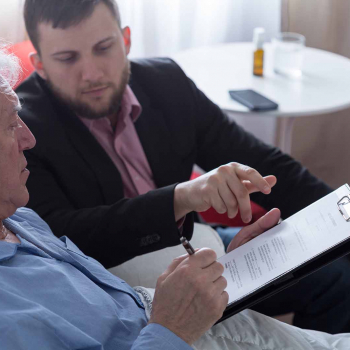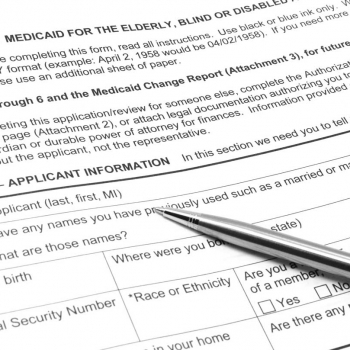A family recently called with a problem that could have been avoided. The husband was in a nursing home on Medicaid (Title 19) and his wife was living at home with the assets she was allowed to keep. The nursing home had steered them to a company to do the paperwork for the Medicaid application. They did not seek legal advice from an elder law attorney who would have advised them on what other steps needed to be done, such as the wife doing a new will. She did not do a new will, and her old one left everything to her husband. The house, and her life savings went to him. Since he is on Title 19, the State of Connecticut has a legitimate claim against everything that went to him. This is a terrible result that did not have to happen.










